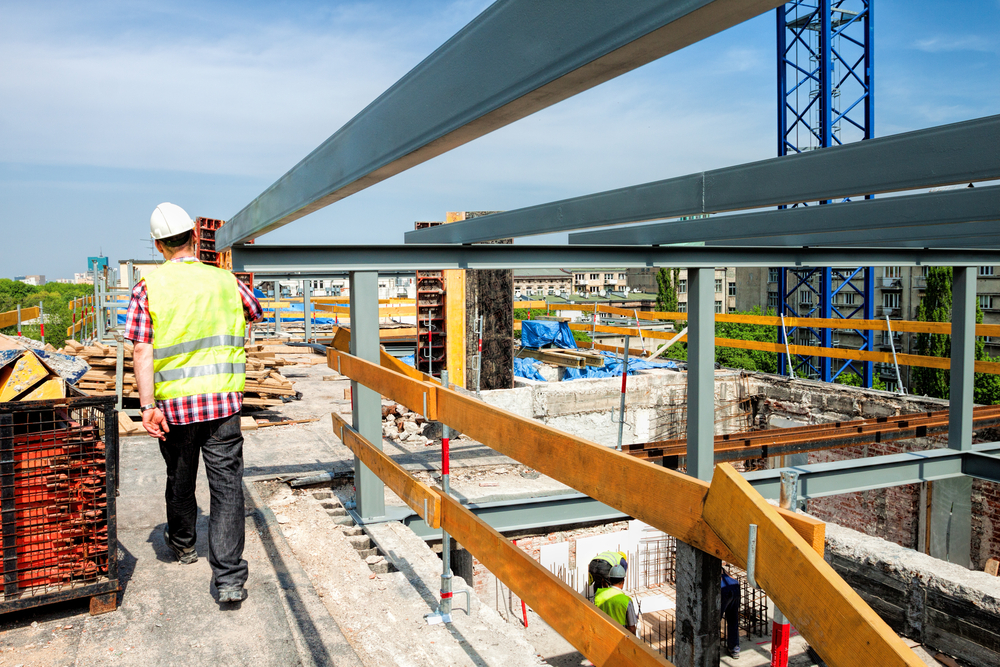ERP for Construction Project Managers: Run Smarter Projects With Real-Time Field Data
Still managing job costs in Excel and waiting days for field updates to reach the office? Those delays are costing you.
5 min read
KPC_Admin : Updated on January 16, 2024

In the fast-paced and demanding world of construction, efficiency is everything. A single misplaced brick can topple a deadline (or worse!), and mismanaged finances can crumble even the strongest project.
That's where the right Enterprise Resource Planning (ERP) software comes in, acting as the digital mortar that binds your operations together.
“Construction companies are complicated organizations with tons of moving parts, and running one is like conducting several elaborate orchestras at once. You need to manage labor, equipment, materials, and tools, keep track of invoices and payments, estimate and bid on jobs, keep jobs on track and under budget, and deal with every curveball along the way,” says Forbes Advisor. “Construction enterprise resource planning (ERP) systems simplify the very complicated and elaborate job of managing a construction company.”
But in a sea of seemingly similar options, how do you choose the right construction ERP?
While generic ERP solutions might seem tempting, they're akin to trying to fit a square peg in a round hole. Construction, like all industries, has its own unique language, workflow, and challenges.
When choosing an ERP system, you should consider things such as:
Ignoring these nuances by opting for a one-size-fits-all approach can lead to wasted resources, frustrating inefficiencies, and ultimately, a shaky foundation for your business.
So, why invest in a construction-specific ERP?
“The construction industry makes use of all kinds of specialized equipment, and its ERP software is no exception. When it comes to choosing software for your construction firm, opting for a construction industry ERP that you know can meet your specific needs can often save you time in getting your processes up and running,” writes Tom Miller in ERP Focus.
Let's explore 10 key areas to look for in choosing the right construction-specific ERP that will lay the groundwork for a thriving enterprise (highlighting the difference between generic ERP and construction-specific ERP for each area):
Choosing the right construction ERP is an investment in your future. By prioritizing industry-specific functionality, you can build a solid foundation for efficiency, profitability, and growth.

Still managing job costs in Excel and waiting days for field updates to reach the office? Those delays are costing you.

After a slight slowdown in 2023 following a sharp decline in 2022, the construction industry is predicted to rebound in 2024.

6 min read
As a construction project manager, you operate in a state of controlled chaos. You juggle disconnected systems: project management software for...